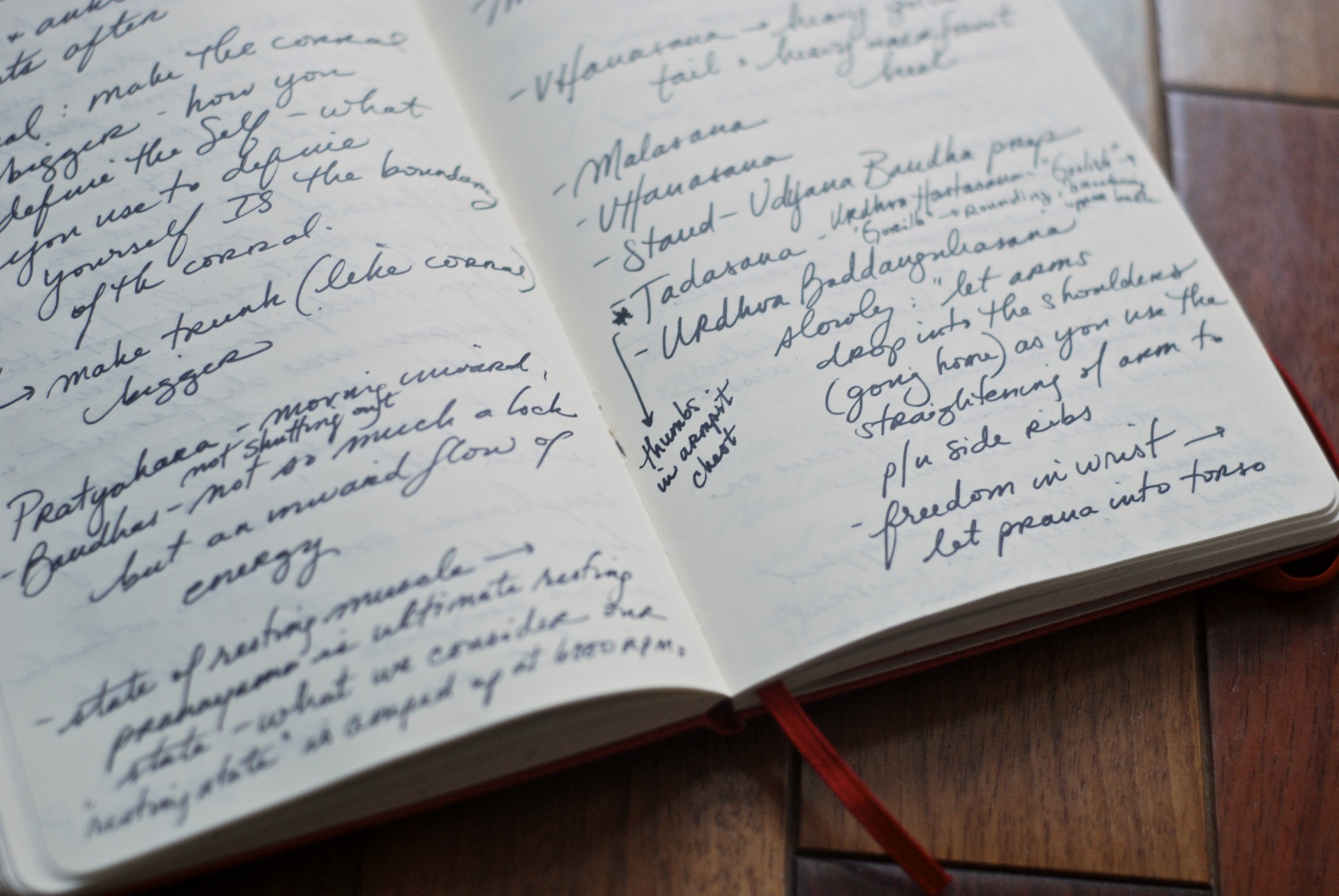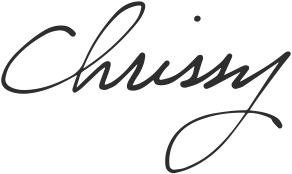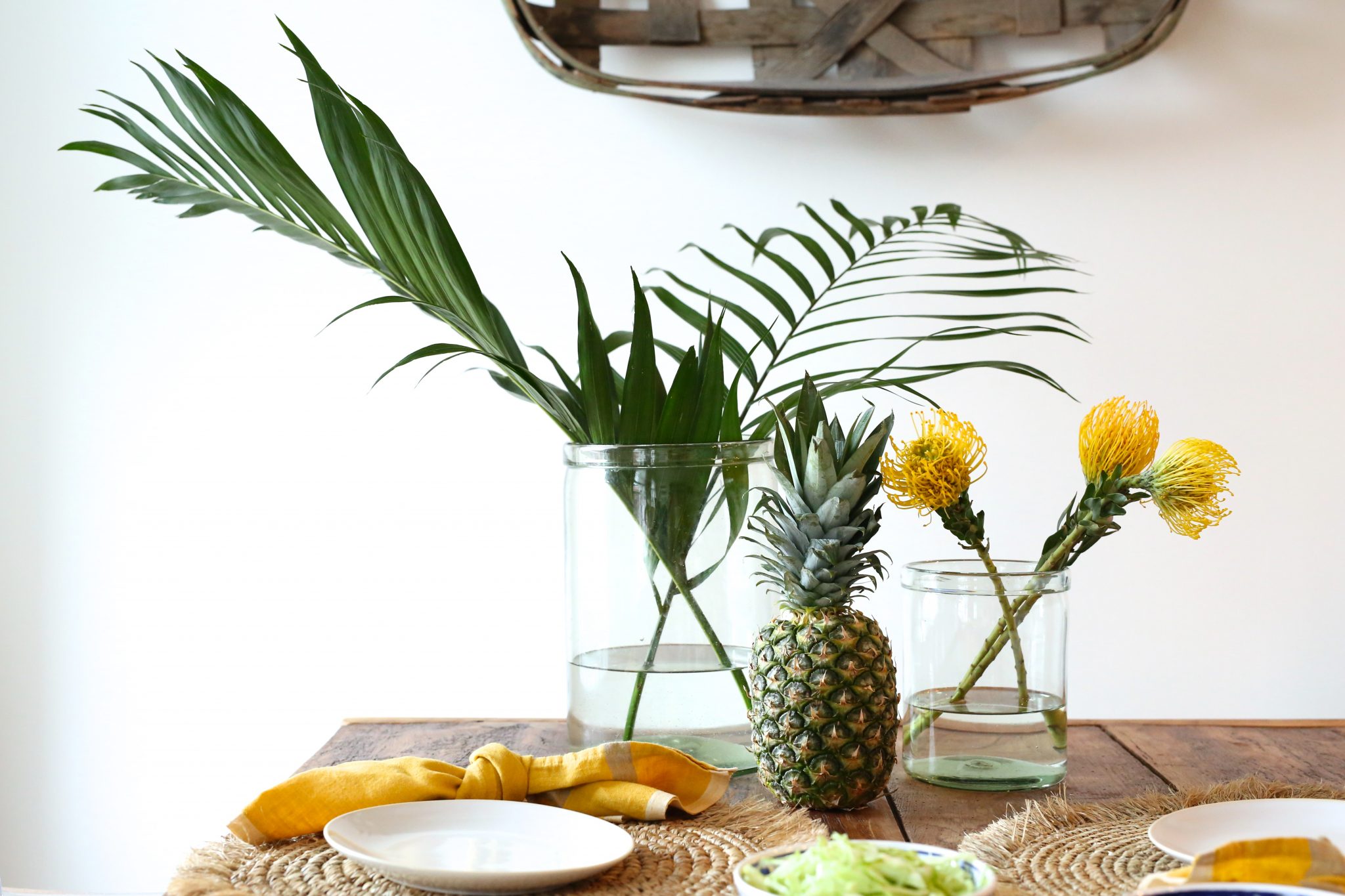I recently had the privilege of studying with Rodney Yee for four amazing days at Heathen Hill. Words can’t express how nourishing it was to be a student—to take off my teacher hat and just receive. There were only 18 of us in the room, most of whom were teachers, which created a very personal and intimate experience. Rodney held the space for us to practice openly and honestly with ourselves. I’m inspired by teachers who can offer intuitive instruction and then step out of the way; I find that this approach allows me to simultaneously refine and explore. And while it can be helpful to have a teacher accompany you on the scavenger hunt of experience, it’s also nice when they help you sharpen your tools and then send you off into the wild.
I wanted to write down everything that Rod said. I brought my trusty notebook and tried to capture the essence of his teaching without wandering too far away from simply being present with the practice. I spent my free time recalling the sequences, trying to capture the essence of the class on paper. I’ve found this to be such a valuable exercise because it encourages me to pinpoint what I’ve learned and articulate how I understood the practice in my body, through the lens of my own experience.
As teachers, we can only teach what we know. When we try to regurgitate something we’ve heard in a class, something we have yet to internalize in our own bodies or understand as it relates to our own lives, it will not translate to our students. Words that belong to someone else lack the depth and dimension of our own unique perspective. The only way to make a real connection with your students is to teach from your direct experience, which requires that you not only have experiences from which to draw inspiration, but also that you become curious about how those experiences translate from the microcosm of your life to the macrocosm of the human condition. Can you sift through your personal story and find the common denominator—the part of your struggle that we all experience?
When I reflect on my experience of a class, I start with my takeaway: what did I learn? Maybe it was a cool prop setup or an ingenious way to explain a posture, but more often than not I am struck by a nugget of truth as it relates to my life. It reminds me of a horoscope; everyone is reading the same words but walking away with a completely different interpretation. Authentic teaching can only come when we’ve digested and assimilated what we’ve learned through our own unique experiences. Therefore, to be a good teacher you must first be a good student—of yoga, of yourself, and of life.
Try this writing exercise the next time you finish taking class.
How did the practice feel in your body? Paint an honest picture. What was it like to be you, in that class, in your body? What did the experience bring up physically, emotionally, or energetically? How did the class affect your breath? Did any part of the experience trigger you to react? If so, why?
What did you learn? Were there any “aha” moments?
Whatever it is that you learned, why is this important to your life? How might your experience in class relate to your life’s work? To the work we all share?






“The only way to make a real connection with your students is to teach from your direct experience, which requires that you not only have experiences from which to draw inspiration, but also that you become curious about how those experiences translate from the microcosm of your life to the macrocosm of the human condition. Can you sift through your personal story and find the common denominator—the part of your struggle that we all experience.”
This is so helpful to new teachers like myself and what I think I have been missing! So far, I’ve been toggling between the “I” factor (asking “was I good enough?” or “did they get what I was saying?”) instead of offering guidance through my own experience. As I have admitted to before, I’ll take class as a permission to check out from daily life rather than observing my own experience which only leads to an escape and not growth. This, most obviously, is serving no one.
Your suggestions at the end will be a great tool as a I work to dig a little deeper into my own experience and become more thoughtful in the guidance I hope to offer others.
Thank you Chrissy, what you have shared is something that I struggle with as a teacher. When my creativity dries up – I find myself seeking classes to take more often. I do journal always – but I struggle sometimes to find my own voice – instead of borrowing someone else’s. I will try your suggestions and see if finding my voice will be easier, Thank you.
Chrissy, such a great post! Thanks for sharing! I will be sharing this with my fellow aspiring teachers. I have often struggled to translate my own experience of the practice, not just the asana, into a teaching format. With these questions, and by allowing myself to gain clarity through writing, I can better understand why my practice serves me and how to translate my own growth process to support the future students I teach. It also reminds me that, “We are all fighting a hard battle,” which is important to recognize in yourself before you teach it to others.